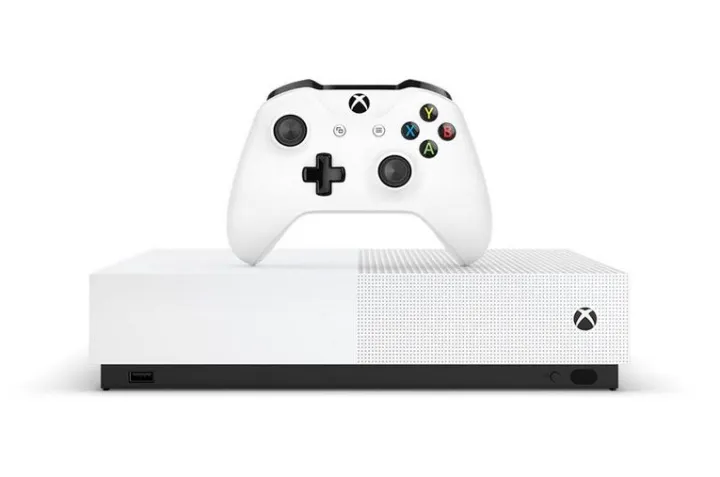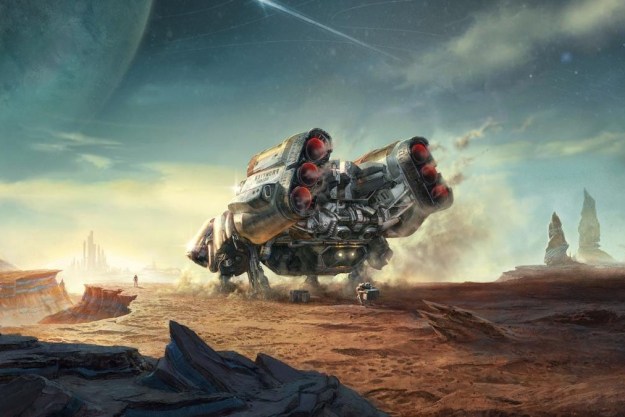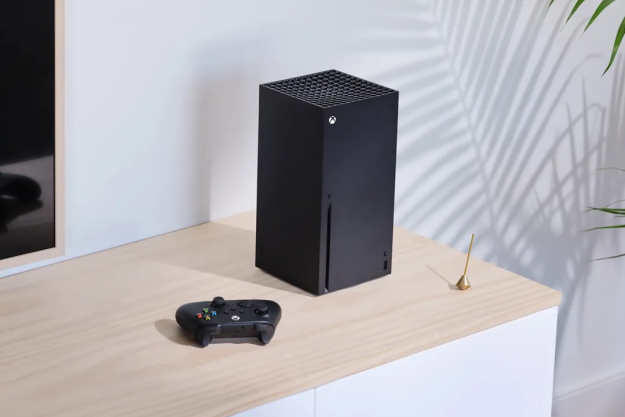Over this past weekend, a lot of Xbox’s online features went down, causing a bevy of system-wide problems on Xbox Series X and S consoles. Not only could players not buy and download games, but they couldn’t even access their digital libraries.
Considering that the Xbox Series S is a digital-only console and the importance of Xbox Game Pass on these platforms, not being able to play digital games was a major issue — one that gamers feared a decade ago when Microsoft initially announced the Xbox One. The recent outage highlights how Microsoft was ultimately able to achieve the digital-focused gaming vision that it had with that console, even if the brand had to be raked through the coals for that to happen.
The Xbox One’s fall
Ahead of the launch of Xbox One, Microsoft had to deal with an intense amount of backlash because of how it framed its system as an always-online home entertainment system rather than a game console. The system was originally going to need to connect with Microsoft’s servers at least once a day, making the system untenable for those who didn’t have a stable online connection. Part of the reason for the tech was to prevent people from playing used games. Microsoft wanted an always-connected platform, but it appeared to come at the price of user access, privacy, and your internet bill.
On top of that, Xbox representatives would tell people to “#dealwithit” or buy an Xbox 360 if they disagreed with Microsoft’s strategy for the Xbox One. Obviously, this confrontational approach did not go over well with hardcore gaming fans, especially in 2013 when casual online gaming wasn’t as ubiquitous, and we didn’t necessarily connect every device we owned to the internet. Vocal gamers on the internet just weren’t interested in a platform that restricts what the player can do via an online connection, and any goodwill Microsoft gained during the Xbox 360 generation was ultimately tarnished.

While Microsoft ultimately backtracked on these features, their announcement’s damage to the system was irreversible. Microsoft had to spend almost the entirety of the Xbox One generation apologizing and showing that they cared about games by implementing backward compatibility, Play Anywhere, and Xbox Game Pass initiatives. That’s why it’s surprising when an event like this Xbox outage makes you step back and notice that Microsoft still did achieve its initial vision for the Xbox platform in many ways over the past nine years.
The rise of the Xbox Series consoles
The Xbox Series X and Xbox Series S have both been received quite well. They’re powerful and easy-to-use pieces of gaming hardware and have some great features like smart delivery and quick resume. At the same time, they’ve embraced digital, online-focused gaming more than ever before. Look no further than the lack of a disc drive on the Xbox Series S, Microsoft’s push into cloud gaming, and rumors of a puck-shaped Xbox streaming box to see that Microsoft never truly abandoned its plans for an intrinsically online gaming platform.
Microsoft’s servers are so intrinsic to the Xbox Series systems that server issues can lock players out of single-player digital games they bought with their own money. That implies there is hidden DRM for any digital game purchased or redeemed through Game Pass on Xbox, even if the game itself is a single-player adventure. Access is one of the biggest red flags in the age of digital ownership, and the temporary Xbox outage highlights why many people see it as a problem.
Despite criticism in 2013, Microsoft still released a system with some of the Xbox One’s most controversial features and is reportedly working on a streaming-only device that’s not too far off from how the Xbox One was initially positioned, sans cloud gaming. While Microsoft hasn’t done anything as egregious as disabling used physical games, it has slowly demonstrated that some of the Xbox One’s initial goals were just ahead of their time, not impossible to implement.
The medium is the message
At least part of the vision that Microsoft was derided for with the Xbox One has come to fruition with the Xbox Series X, showing that where Microsoft really messed up with the Xbox One was with timing and messaging. The Xbox team’s messaging nowadays is very good about being a consumer-friendly company for gamers. With initiatives like Play Anywhere, Xbox Game Pass, and Xbox Cloud Gaming, it wants its fans to know that they can play various Xbox games anywhere and any way they like.

Because of that, it can get away with online features being tied to something as simple as accessing digital games until an event like an outrage exposes its shortcomings. We don’t necessarily like the idea of an always-online, all-digital console much more than we did in 2013; Microsoft has just found acceptable ways to position and market systems that lean into those elements.
Still, that approach has all been built around Microsoft’s online infrastructure. While it works a lot of the time, periods like this past weekend when it goes down highlight just how digitally reliant modern gamers are. And how one day, once the servers powering these initiatives go away, the experience of using a great system like the Xbox Series X will barely function.
Editors' Recommendations
- 3 Xbox Game Pass games you need to play this weekend (May 3-5)
- Fallout 4 is finally getting free Xbox Series X and PS5 upgrades
- Visions of Mana paints a promising picture of the RPG series’ return
- Dragon’s Dogma 2’s first updates will tackle its PC performance issues
- Another Crab’s Treasure is an approachable Soulslike with a comedic twist



